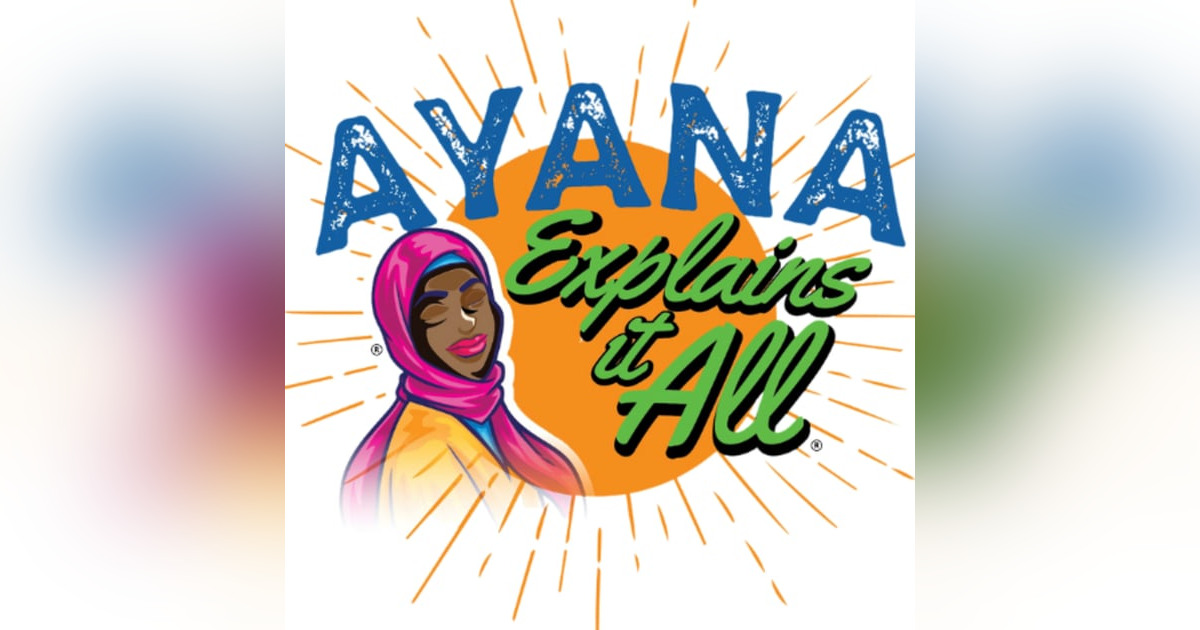The Cold Truth: Profits Over People

SCOTUS Drops the Gavel on the Homeless: What Does it Mean and Why Should We Care?
Hello, my lovely readers! Welcome back to our ever-so-fascinating journey through current events and human behavior. I'm Ayana R. Fakhir, your friendly neighborhood black Muslim lady lawyer, podcast host, and legal eagle nesting in the suburbs of Northeast Ohio. Today, we're diving into the recent U.S. Supreme Court decision that's got everyone buzzing. Don't worry, I'll keep it light and breezy—because who says legal chats can't be fun?
SCOTUS—the Supreme Court of the United States for those not in the know—just dropped several bombshell opinions. One of these decisions turned our focus to Grants Pass, Oregon. Yes, amid all the wildfires, floods, and economic upheavals, SCOTUS decided to tackle homelessness. Just a casual Tuesday in America, right?
So, here's the scoop: In a 6-3 decision, SCOTUS ruled in favor of the city of Grants Pass, Oregon, which had been citing homeless individuals for—get this—sleeping in public places. Plaintiffs (Johnson) argued it was a violation of the Eighth Amendment, which protects against cruel and unusual punishment. SCOTUS disagreed. It essentially said the Eighth Amendment doesn't give courts the right to tell cities how to manage their public spaces. Ouch.
Listen, I know the SCOTUS dropped several opinions, but we'll keep it simple and just dissect this one. After all, I don't want to put everyone to sleep—save that for the folks SCOTUS said can’t snooze in public. The decision allows cities like Grants Pass, now, to penalize homeless individuals for sleeping in public has made quite the splash. Critics argue this will just perpetuate the cycle of homelessness. Ah, the complexities of law and life!
You might be thinking, "Why should I care?" Good question! Criminalizing homelessness isn't just a legal issue; it's a public health and human rights concern. Cities that choose to fine and imprison homeless individuals rather than offer meaningful support are, in essence, saying, "Out of sight, out of mind." But that's not how real-world problems are solved.
Believe me, I know how overwhelming these topics can be. But tackling homelessness requires us to think beyond fines and citations. Wouldn’t it be better if we created supportive environments that enable people to transition from the streets to stable housing? I remember visiting Washington, D.C., and being shocked by the sheer number of homeless people just outside some of the most iconic buildings. It's a stark reminder that homelessness isn't just a "them" problem, it's an "us" problem.
Solutions Are Out There From innovative housing projects like Minnesota’s Avivo Village to local initiatives here in Ohio, there are countless success stories. These community-based solutions focus on providing comprehensive services—from health care to job training—to help individuals regain their footing. Criminalizing homelessness won't solve the problem, but combined efforts from policymakers, communities, and individuals like you can make a significant difference. Remember, sweeping the problem under the rug—or in this case, into jails—won’t fix it. Let's focus on sustainable solutions that provide dignity and support to those who need it most.
Until next time, stay informed, stay empathetic, and let's make the world a little kinder and a little smarter.


